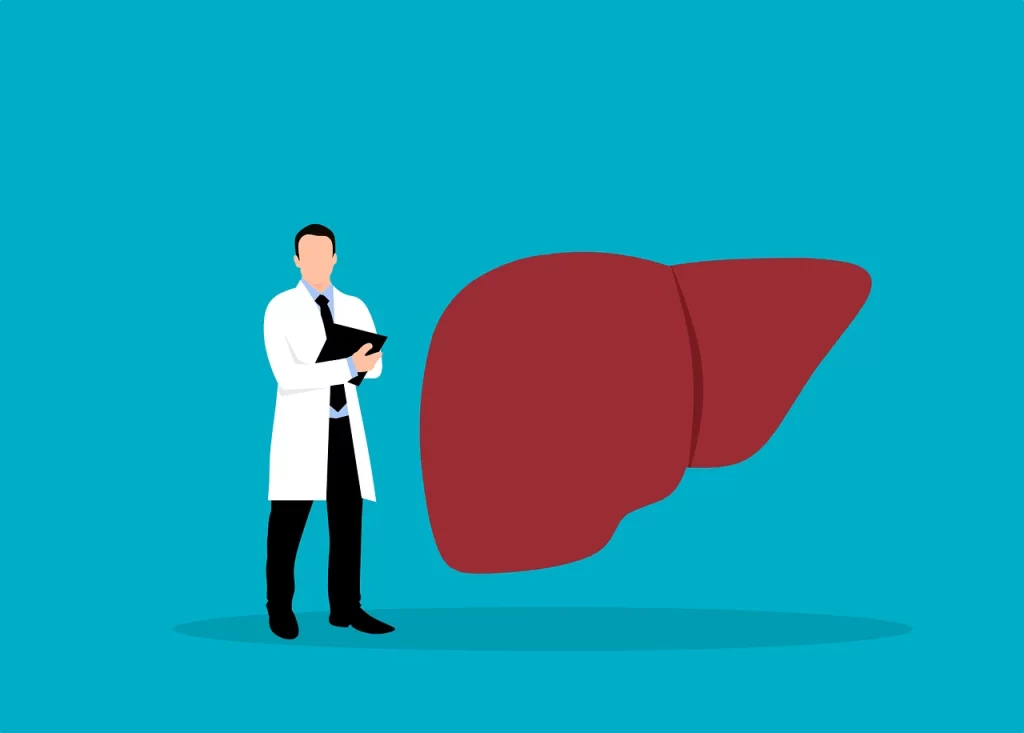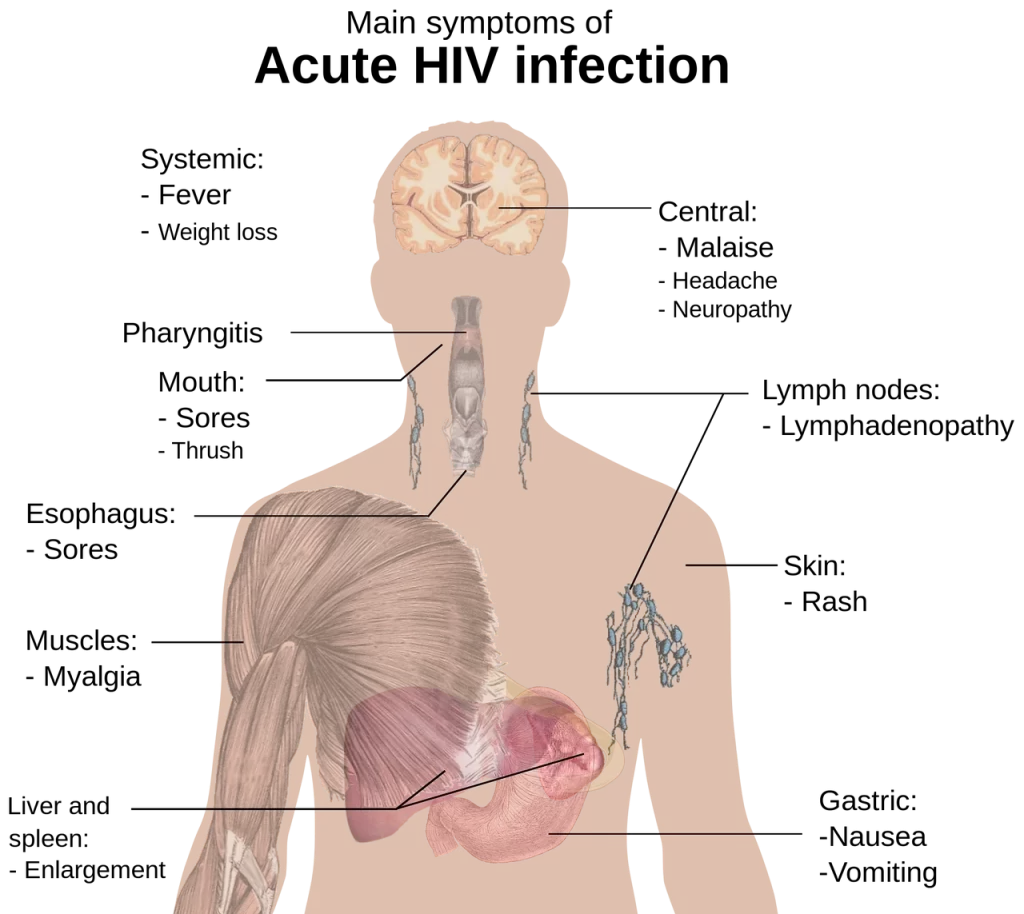
It is easy to think of the liver as just an organ that helps us digest food, but this vital organ does so much more than that.
The liver is responsible for filtering out toxins from the body and helping to keep us healthy.
Unfortunately, many people don’t realize they have a problem with their liver until it’s too late.
In this blog post, we will discuss five causes of liver disease that you may be ignoring. By being aware of these risks, you can take steps to protect your liver and keep yourself healthy. Stay tuned for more information!
1. Fatty liver: Causes of Liver Disease
Fatty liver is a common condition that usually occurs with obesity and diabetes. It can be seen in people who drink a lot.
Fatty liver disease is when there is an accumulation of fat in the liver. This can lead to inflammation and scarring of the liver.
Fatty liver disease can be mild or severe. In most cases, it does not cause any symptoms.
However, Fatty liver disease can progress to more serious liver problems such as cirrhosis or liver failure.
If you have Fatty liver disease, it is important to see your doctor for regular checkups and to monitor your condition.
There are treatments available to help slow the progression of Fatty liver disease and improve your liver health.
Read: 5 foods that support liver health
2. Alcoholic liver disease
Alcoholic liver disease is a progressive condition that can lead to cirrhosis, a build-up of scar tissue in the liver. It’s important to be aware of the warning signs of this disease, as it is often asymptomatic in its early stages.
Alcohol abuse is the most common cause of liver disease, so if you drink excessively, it’s important to be aware of the risks.
Other risk factors for alcoholic liver disease include obesity, viral hepatitis, and diabetes.
If you have any of these risk factors, it’s important to speak to your doctor about your alcohol consumption.
Alcoholic liver disease can be deadly, so it’s important to be cautious and seek medical help if you think you may be at risk.
3. Viral hepatitis
Viral hepatitis is a group of viruses that can infect the liver, and it is a major public health problem worldwide.
There are five main types of viral hepatitis: hepatitis A, B, C, D, and E. Each type is caused by a different virus, and they all have different symptoms and treatment options.
Viral hepatitis is usually spread through contact with contaminated blood or body fluids.
In some cases, it can also be spread through food or water that has been contaminated with the virus.
Many people with viral hepatitis don’t have any symptoms, so they may not even know they have it.
That’s why it’s important to get tested if you think you may have been exposed to the virus.
Read: The 5 Worst Foods for Your Liver
4. Autoimmune hepatitis
Autoimmune hepatitis is a chronic liver disease that occurs when the body’s immune system attacks the liver.
The exact cause of autoimmune hepatitis is unknown, but it is believed to be triggered by a combination of genetic and environmental factors.
Symptoms of autoimmune hepatitis can range from mild to severe and may include fatigue, abdominal pain, and jaundice.
If left untreated, autoimmune hepatitis can lead to cirrhosis and liver failure. Autoimmune hepatitis is diagnosed through a combination of blood tests, liver biopsy, and imaging studies. Treatment typically involves the use of immunosuppressive drugs to suppress the immune system and prevent further damage to the liver. With proper treatment, most people with autoimmune hepatitis can expect to live a normal life span.
Read: 5 Benefits of a Liver Health Formula
5. Cirrhosis of the liver
Cirrhosis of the liver is a chronic, progressive liver disease that occurs when normal liver tissue is replaced by scar tissue.
The scar tissue disrupts the flow of blood through the liver and prevents the organ from functioning properly. Cirrhosis of the liver is a serious condition that can lead to life-threatening complications.
Early diagnosis and treatment are essential to improve the chances of a successful outcome.
Cirrhosis of the liver is most commonly caused by chronic alcoholism or viral hepatitis.
However, it can also be triggered by other factors, such as fatty liver disease or certain medications. Symptoms of cirrhosis of the liver include fatigue, weakness, weight loss, nausea, and jaundice.
Conclusion
Thank you for reading our blog post on fatty liver, alcoholic liver disease, viral hepatitis, autoimmune hepatitis, and cirrhosis of the liver. We hope that you found this information helpful and informative.
If you did enjoy our post Causes of Liver Disease, please share it with your friends and family on social media.
Additionally, don’t forget to leave us a comment letting us know what you thought about our content.
Lastly, be sure to like our page so that you can stay up-to-date with all of our latest posts.
You also will like our other articles
Image by mohamed Hassan from Pixabay






